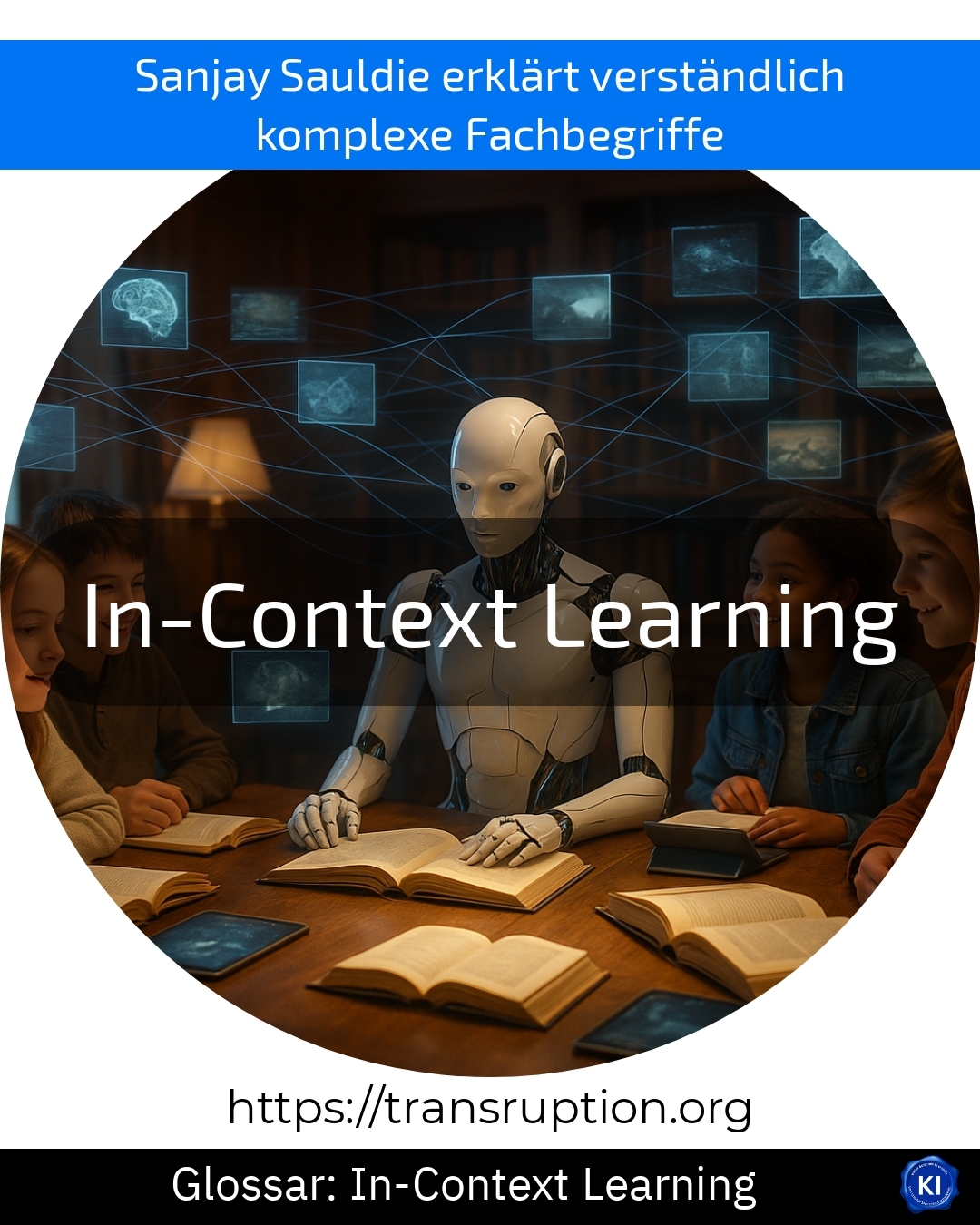The term in-context learning is at home in the field of artificial intelligence and digital transformation. It describes a special ability of modern AI models, such as chatbots or digital assistants: they learn in real time from the direct context of a conversation or task.
Instead of relying on a fixed list of questions and answers, the system understands the context in which information is needed. This means that the AI can react flexibly, process new information and adapt to the flow of the conversation - without having been specially trained beforehand.
A practical example: you first ask a digital assistant for the opening hours of a restaurant. In the next step, you ask it: "Please reserve a table for me there." Through in-context learning, the AI understands that "there" refers to the restaurant without you repeating it. This enables it to solve tasks quickly and in a user-friendly way.
In-context learning therefore ensures that artificial intelligence can communicate with us in a more natural and helpful way. For companies in particular, this flexibility is a major advantage when it comes to digitalising customer service and internal processes.















